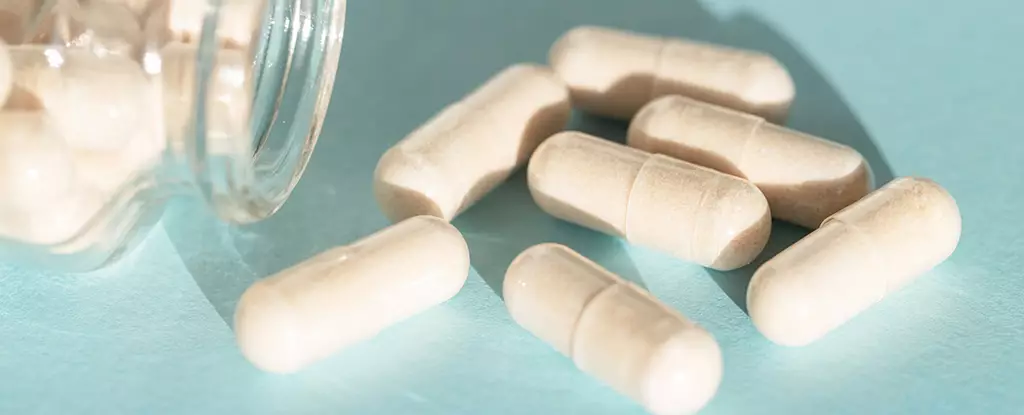Recently, a panel of US health experts convened by the Food and Drug Administration voted against the use of MDMA, also known as ecstasy, to treat post-traumatic stress disorder (PTSD). PTSD is a serious mental health condition that affects many Americans each year, with limited pharmaceutical treatment options currently available.
Experts raised concerns about the efficacy and safety of using MDMA to treat PTSD. While two clinical studies published in Nature Medicine showed promising results, many experts on the panel felt that the data presented was not sufficient to support the effectiveness of the treatment. Additionally, the benefits of using MDMA did not outweigh the potential risks associated with the drug.
The FDA raised several concerns about the studies conducted by California-based Lykos Therapeutics. One major issue was the “functional unblinding” of the studies, where participants and healthcare workers could accurately guess who received the treatment and who received the placebo. This introduced bias and uncertainty into the study outcomes, according to the FDA staff.
Furthermore, the FDA criticized Lykos for not gathering enough data on potential side effects of using MDMA to treat PTSD. Information on adverse effects on heart and liver health, as well as details on participants experiencing “euphoria” or “elated mood,” was lacking. This missing data was deemed essential for assessing the overall safety and abuse potential of the drug.
Additionally, troubling allegations of research impropriety were brought to light by the nonprofit Institute for Clinical and Economic Review. Claims were made that the trials conducted by Lykos heavily pulled from a community interested in psychedelic drug use, potentially biasing the study results. Certain patients were allegedly prevented from participating in the long-term follow-up study, raising concerns about data manipulation.
Despite the panel’s vote against the use of MDMA to treat PTSD, the final decision from the FDA is still pending. If the treatment is authorized, strict stipulations may be attached to ensure patient safety and monitoring. Ultimately, the controversy surrounding the use of MDMA for PTSD treatment highlights the importance of thorough research, data collection, and ethical conduct in clinical trials.


Leave a Reply